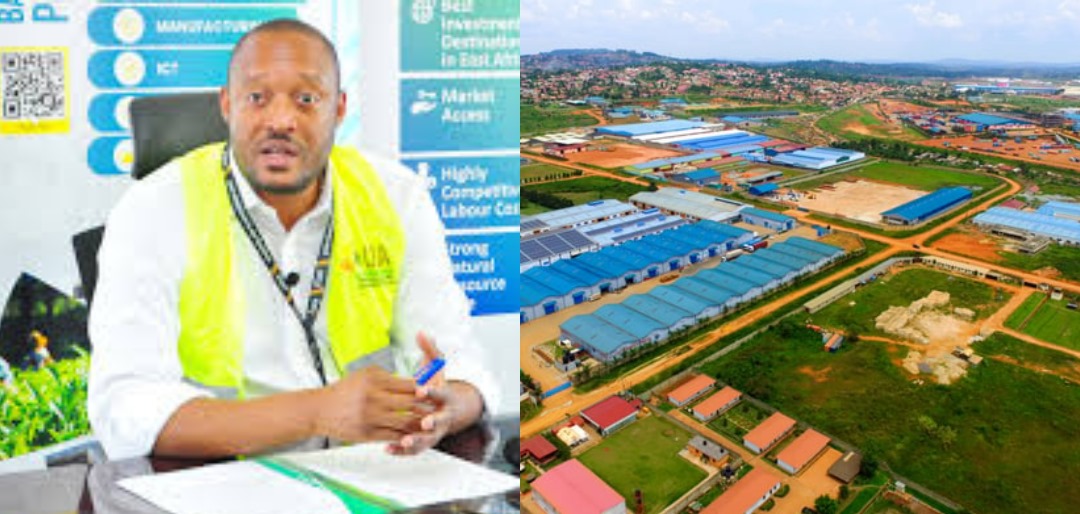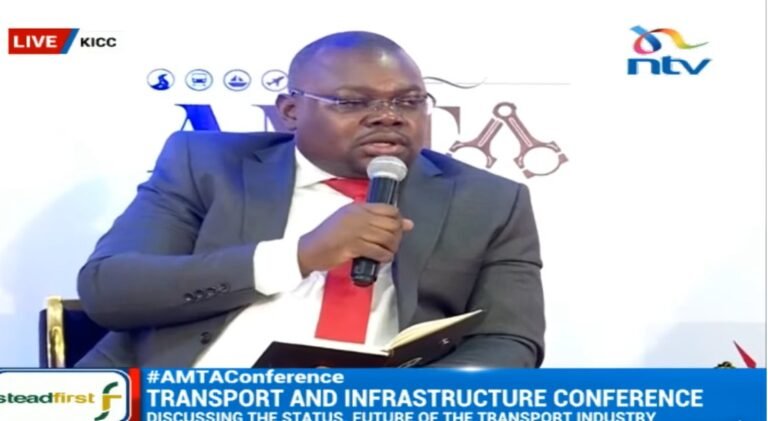
The Kampala Industrial and Business Park (KIBP) in Namanve, envisioned as a transformative hub for Uganda’s industrial growth, is now mired in controversy. This project, valued at €212.6 million, has become a case study in how mismanagement, corruption, and self-serving interests can sabotage national development. With €21.2 million in disputed claims, including €1.65 million in interest on delayed payments, the project risks turning into a financial black hole unless immediate corrective actions are taken.
At the heart of the scandal is the introduction of Variation of Prices (VoP) payments, despite clear provisions in the project’s lump sum contract that explicitly excluded such claims. The Ministry of Finance had negotiated a comprehensive, fixed-price agreement to protect public funds from precisely these kinds of cost inflations. Yet, the Uganda Investment Authority (UIA), led by Executive Director Robert Mukiza, appears intent on advancing these dubious payments, raising critical questions about accountability and governance.
VoP Payments: A Breach of Contractual Integrity
Minutes from the contract negotiations reveal that VoP payments were explicitly addressed and excluded from the contractor’s entitlements: –
• Minute 3/5 of the negotiation records: The contractor’s obligations under the contract were deemed comprehensive, covering all foreseeable risks, including price fluctuations. Any deviation not explicitly agreed upon was to be absorbed by the contractor.
• Minute 3/15 of the negotiation records: The contract price was confirmed as all-inclusive, with the contractor acknowledging that no additional costs would be claimed beyond the agreed-upon lump sum.
Despite these clear terms, the contractor, Lagan Dott Namanve Ltd, backed by Dott Services, is now aggressively pushing for €8 million in VoP payments under Interim Payment Certificate (IPC) No. 25. This move appears calculated to exploit governance weaknesses within UIA and the Attorney General’s Office, which inexplicably approved an addendum allowing for VoP payments. Observers have questioned whether the Attorney General’s Office was misled or deliberately overlooked the contractual provisions.
A Double Payment Scheme
The VoP claim represents a clear case of double payment. The original contract was structured under FIDIC’s Silver Book (EPC/Turnkey Contract), which places significant risk on the contractor, including price adjustments and variations. Under this framework:
1. Fixed Price Nature: The contractor assumes all risks associated with inflation, material costs, and unforeseen circumstances.
2. Limited Price Adjustments: Only exceptional events, such as legislative changes or natural disasters, may justify cost adjustments—none of which apply here.
3. Foreseeable Risks: The contractor was expected to account for all potential risks during the bidding process. In this case, the Contract Price was based on the Contractor’s Offer with adjustments only made for the Employer’s needs!!
By approving VoP payments, UIA and its collaborators are effectively renegotiating a settled contract to the detriment of Ugandan taxpayers.
Ethical Failures and Collusion
The scandal takes on an international dimension with the involvement of Lagan Group UK, the majority partner in the Lagan Dott JV, holding a 70% stake. While Lagan Group has maintained a conspicuous silence—likely due to ethical constraints under UK regulations—its local partner, Dott Services, has spearheaded the push for VoP payments. Dott Services’ aggressive tactics highlight a stark difference in ethical standards, with the local partner appearing less constrained by principles of good governance.
Compounding the issue is the role of PM Excellence, a little-known UK-based firm controversially hired as the Owner’s Engineer for the project. Despite being awarded a $4.5 million contract, PM Excellence has failed to provide competent oversight or deploy qualified personnel. Instead, the firm has become a rubber stamp for questionable payments, undermining its credibility and exposing its complicity in the ongoing irregularities.
Key Actors Driving the Mismanagement
The scandal has been enabled by a network of influential individuals whose actions raise serious concerns about accountability:
• Robert Mukiza, Executive Director of UIA, has overseen the advancement of VoP claims despite their contractual invalidity and a presidential directive forbidding unsubstantiated payments.
• Louis Arinaitwe, Country Director for Trade at the British High Commission, played a key role in the hiring of PM Excellence, a firm that now appears more aligned with private interests than public accountability.
• Juvenal Muhumuza, from the Ministry of Finance, Planning & Economic Development, has been implicated in discussions that support payments in defiance of the President’s orders.
During a meeting on November 21, 2024, insiders revealed that Mukiza, Arinaitwe, and Muhumuza orchestrated an agreement to advance VoP payments, backed by PM Excellence’s certification, despite glaring contractual violations.
Systemic Issues and Governance Failures
The Namanve Industrial Park project has been hijacked by a culture of impunity and exploitation:
1. Unverified Claims: Contractor submissions are riddled with inconsistencies, including outdated cost indices, misaligned invoicing periods, and unsupported adjustments.
2. Funding Gaps: UIA has failed to budget for key components of IPC No. 25, including the €1.65 million in interest on delayed payments, exacerbating financial risks.
3. Ignored Recommendations: Despite repeated calls to address funding shortfalls through descoping, UIA management has failed to act, leaving the project in financial limbo.
These failures highlight deeper structural issues within UIA, where decision-making is driven by personal enrichment rather than national progress.
The Way Forward: Rescuing Namanve
The Namanve Industrial Park is too important to Uganda’s industrial strategy to remain in its current state of disarray. Immediate action is needed to restore integrity and accountability:
1. Leadership Overhaul: UIA’s management must be restructured, with individuals implicated in corruption and mismanagement held accountable.
2. Independent Oversight: A neutral body should be appointed to review and certify all project payments and ensure adherence to contractual terms.
3. Financial Rectification: Clear strategies, including descoping and renegotiation, must be implemented to resolve funding gaps.
4. Replace Questionable Contractors: Firms like PM Excellence, which have failed to deliver, should be replaced with credible and experienced entities.
5. Enforce Presidential Directives: All payments must align with the President’s directive to validate claims before disbursement.
A Call for Accountability
Ugandans deserve answers to critical questions:
• Why were VoP claims advanced despite clear contractual exclusions?
• Who facilitated the hiring of PM Excellence, and why has the firm failed in its oversight role?
• Why has UIA ignored recommendations to address funding gaps and enforce contract provisions?
• What role did influential actors like Mukiza, Arinaitwe, and Muhumuza play in advancing these irregularities?
The Parliament of Uganda; Ministry of Finance, Planning & Economic Development;, and anti-corruption bodies who are sleeping in broad day light as grand theft and mismanagement plays out must act urgently to investigate these issues and hold those responsible accountable. Without immediate intervention, the Namanve Industrial Park risks becoming a cautionary tale of corruption, waste, and mismanagement, rather than the transformative project it was meant to be.
Uganda cannot afford to let this vital project fall victim to greed and incompetence. It is time to act decisively to safeguard the country’s industrial future and restore public trust in its institutions. The people of Uganda deserve better.



